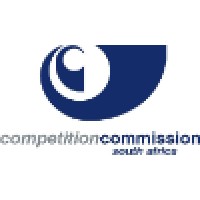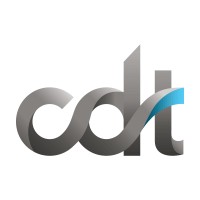
The Competition Commission South Africa
The Competition Commission has a range of functions in terms of Section 21 of the Competition Act. These include investigating anti-competitive conduct in contravention of the Chapter 2 of the Act; assessing the impact of mergers and acquisitions on competition and taking appropriate action; monitoring competition levels and market transparency in the economy; identifying impediments to competition and playing an advocacy role in addressing these impediments. Anti-competitive conduct, whether through price-fixing, information exchange or the abuse of a dominant position, has adverse effects on both consumers and the economy. Consumers are deprived of low prices and product choice. The overall economic effect would be a slow or negative economic growth rate, as companies become lazy to compete and innovate. The Commission balances issues related to consumer welfare with the broader social and economic goals outlined in the Competition Act, such as employment, international competitiveness, efficiency and technology gains, as well as the ability of small and medium sized businesses and firms owned or controlled by historically disadvantaged persons to compete. In order to ensure the consistent application of the Act across sectors, the Commission may negotiate agreements with other regulatory authorities, participate in their proceedings and advise, or receive advice from, any regulatory authority. The Commission is independent but its decisions may be appealed to the Competition Tribunal and the Competition Appeal Court. Commissioner, Tembinkosi Bonakele, is the Chief Executive Officer of the Commission and is responsible for the general administration of the Commission and for carrying out any function assigned to it in terms of the Competition Act. The two Acting Deputy Commissioners, Hardin Ratshisusu and Oliver Josie, assist the Commissioner in carrying out the functions of the Commission.






